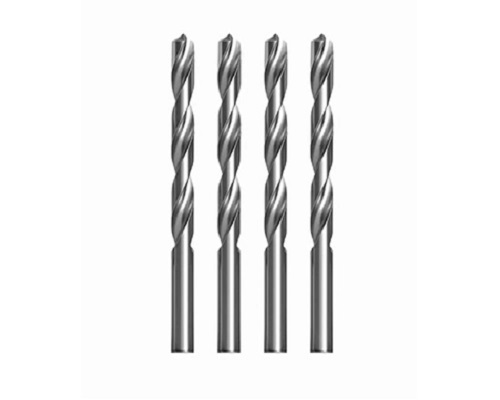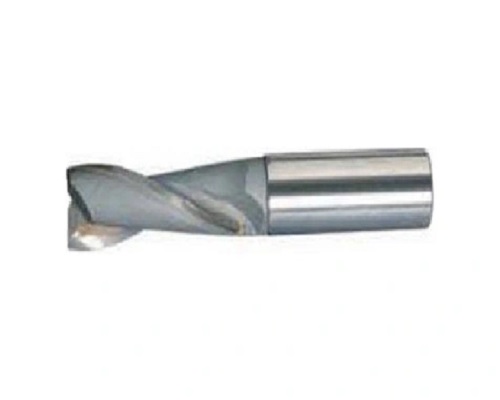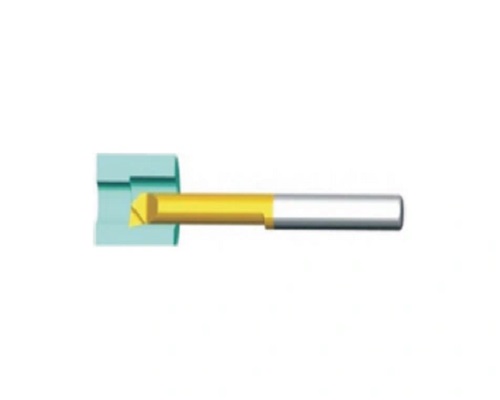Reamer tools are used to ream the hole on the workpiece that has been drilled (or reamed) after processing, mainly to improve the machining accuracy of the hole and reduce the roughness of its surface, it is used for hole finishing and semi-finishing tools, the machining allowance is generally very small.
Reamer tools play a crucial role in various industrial applications, particularly in the manufacturing sector. Reamer sets are primarily used to refine and finish drilled holes, ensuring they are of the correct size, roundness, and surface finish. This precision is vital in industries such as automotive, aerospace, and medical technology, where the accuracy of component parts is paramount.
As one kind precision metal cutter, reamer tools, especially those made from durable materials like carbide, can work with a variety of materials, including tough metals like steel and cast iron. This versatility makes them an invaluable tool for precision cutting in diverse manufacturing processes.
Moreover, reamer tools contribute to the efficiency of industrial operations. Reamer cutting tools maintain their sharpness over prolonged use, reducing downtime for tool changes and maintenance. Reamer tool types can also operate at high speeds without losing their effectiveness, leading to increased productivity.
In conclusion, reamer tools are an essential component in industrial applications, providing the precision, versatility, and efficiency required in modern manufacturing processes.
Reamer tools have undergone significant evolution and advancements since their inception. Initially, reamers for sale were simple hand tools used for minor refinements in drilled holes. However, with the advent of industrialization and the increasing demand for precision, reamer cutters have evolved into sophisticated tools used in various manufacturing processes. Today, carbide reamers manufacturers offer advanced reamer system that provide exceptional accuracy and durability, meeting the stringent requirements of modern manufacturing industries.
Modern reamer bits, particularly carbide reamer tools, are designed to provide high levels of accuracy and consistency. Reamer tool sets are made from durable materials that can withstand high temperatures and resist wear, enhancing their longevity and efficiency.
Advancements in technology have also led to the development of modular reaming systems. These systems allow for quick and easy tool changes, reducing downtime and increasing productivity. They also offer greater flexibility, as they can be adjusted to accommodate different hole sizes and materials.
Furthermore, the integration of digital technology has improved the precision and control of reamer tools, enabling them to meet the exacting standards of modern manufacturing. These advancements underscore the ongoing evolution of reamer tools and their crucial role in industrial applications.


